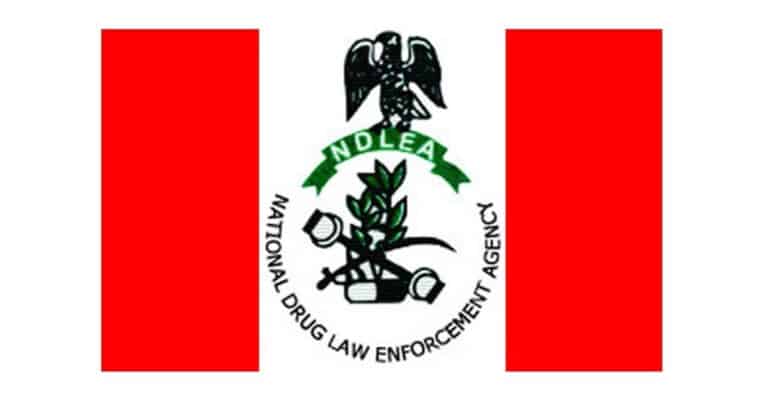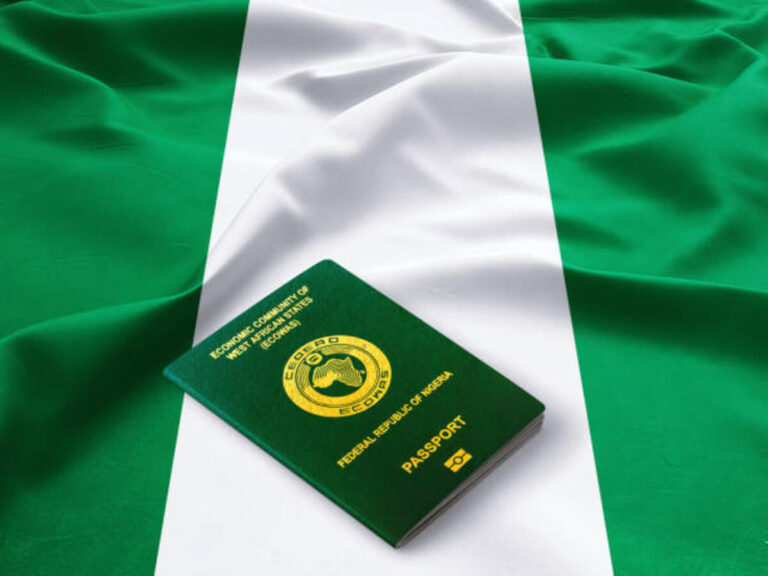Distribution Business in Nigeria
The distribution industry predates the contemporary era because it has existed since prehistoric times. One of the most profitable businesses you can do is a Distribution Business in Nigeria (and the world) today, the industry primarily involves moving commodities from production outlets to regions of demand. To fully inform you of the businesses that require distributors in Nigeria, this article will provide a detailed overview of distributorship business options in this post.
What is Distribution?
Distribution is the supply chain section that transports goods and materials from a manufacturer to a retailer and, ultimately, to the consumers.
Advertisement
Nigeria does not have a set demography for distributorship. Distributors can be anyone. Distributors are individuals who conduct business with the manufacturers they represent.
Also, check out How To Prepare Custard Powder.
Most of the time, distributors uphold exclusive procurement contracts that restrict the number of participants or allow distributors to service a specific region. As a result, the distributor acts as the manufacturer’s primary point of contact with potential customers for a selection of items.
Distributors seldom sell a manufacturer’s products directly to customers. To purchase goods for resale, wholesale agents and merchants typically find a wholesalers
Advertisement
The four steps of distributing items are as follows: Manufacturer – Wholesaler – Retailer – Consumer. This pattern demonstrates the necessity of distributors for all manufacturers and enterprises in getting their products to their various target markets, which are the end users.
Because of this, producers and manufacturers are constantly looking to engage distributors on a contract or full-time basis. While distributorship has increased in Nigeria, it is still generally underutilized and is still viewed by many as an “ordinary” or a rather unusual business.
Unfortunately, the knowledgeable ones are making significant profits from this industry while narrowminded continue to disregard this goldmine.
The concept is straightforward: Given Nigeria’s enormous population, there is a constant demand for consumer goods. As long as this demand persists, the distribution industry will prosper. As a distributor, you effectively have a career for life.
Starting a Distribution Business in Nigeria
Below are the steps to take before venturing into a distribution business in Nigeria:
Arm Yourself with the Correct Information
To learn what the market wants, speak with several retailers and solicit information. Making possible sales relationships during this initial step is another benefit.
You can also look at recent market research and trends in various industries to find out what issues customers are having for which you might have a ready-made product solution.
To simplify your market research procedure, consider goods you are already familiar with or a sector in which you have some experience. Information about the size of your budget is a crucial factor you should consider when venturing into the distributor.
Getting informed is essential in this business to prevent you from going blind and incurring avoidable losses.
Choose a Particular Niche
Distribution is specific by nature. A niche is a small area of the market that focuses on a certain kind of product. By choosing a specialty, you can eliminate some of your rival distribution firms.
Generally, the relationship with the maker is greater the more specialized the niche. With this, you gain more control over your business by enabling you to collaborate with the top manufacturers to supply merchants with high-quality goods.
Your business relationships with consumers and retailers are probably more trustworthy, which may make it easier to negotiate more advantageous terms with manufacturers.
Additionally, since consumers and retailers have fewer options, selling in a niche market with fewer competitors can boost your earning potential. Your business and partnerships can prosper by producing the greatest items possible.
Sales and Distribution Methodology
There are several ways through which linkage between manufacturers and retailers can be carried out.
You could set up transactions between a buyer and a seller as a broker, and you are compensated with a commission when the sale is completed or get involved in buying goods from overseas to resell in your home country or purchasing local goods to resell to retailers abroad as an importer or exporter.
Also, you could demand money up ahead for any products you sell to customers, who then pick them up from a warehouse or build an online store or website which serves as your platform.
Both online and cash-and-carry approaches provide a simpler transaction procedure and require less staff to transport products, which can lower overhead expenses. On a grand scale, you are going to need a warehouse. Online approaches do not need a warehouse.
Get Certified
You must apply for the necessary business licenses to distribute. To complete this administrative process, supply distributors must register for a business tax identification number and receive necessary permits from your state.
You can learn exactly which documents to fill out and the rules that apply in your state by consulting a legal expert with experience in company endeavors.
Sharpen Your Professional Skills
A lot of skills are needed as a distributor, which is essential to your business’s survival. To keep your suppliers (manufacturers) and clients satisfied, you must know how to negotiate for a low price with the manufacturer and present a relatively high price to your buyers to record the desired profits.
Other skills needed include employee management, problem-solving, monetary discipline, etc.
Also, check out Types of Fish Feed in Nigeria.
Locate Manufacturers
Manufacturers come in different types, so look for those who produce the goods you desire to sell first. Many people engage in contract negotiations with prospective sellers through agents.
Once you’ve contacted these prospective business partners, decide on purchase rates, discuss shipping (transportation of the products to your warehouse), and, if necessary, sign contracts.
Goods That Can Be Distributed in Nigeria
- Clothing and accessories
- Decor and furniture for the home
- Electrical/electronic appliances
- Mobile phone accessories
- Pharmacological substances
- Sanitary items
- Light bulbs with LEDs
- Clothing and textile
- Processed foods
- Auto parts
- Computers and ICT accessories
- Mechanical spare parts
- Furniture
- Stationery items
- Shoes
- Sports gear
- Cosmetics
- Building materials
- Fitness kits
- Petroleum products
Final Notes on Distribution Business in Nigeria
Companies produce their goods in large quantities. But if these goods do not reach their target consumers, there will be trouble. This is where distributors come in. The success of this business depends on its capacity for swift product turnover. The secret to quick profitability is turnover.
Focusing on markets and products that are popular in your area is the best way to approach this business to make money.
Before you go, check out Insurance Companies in Nigeria.







2 Comments
Comments are closed.